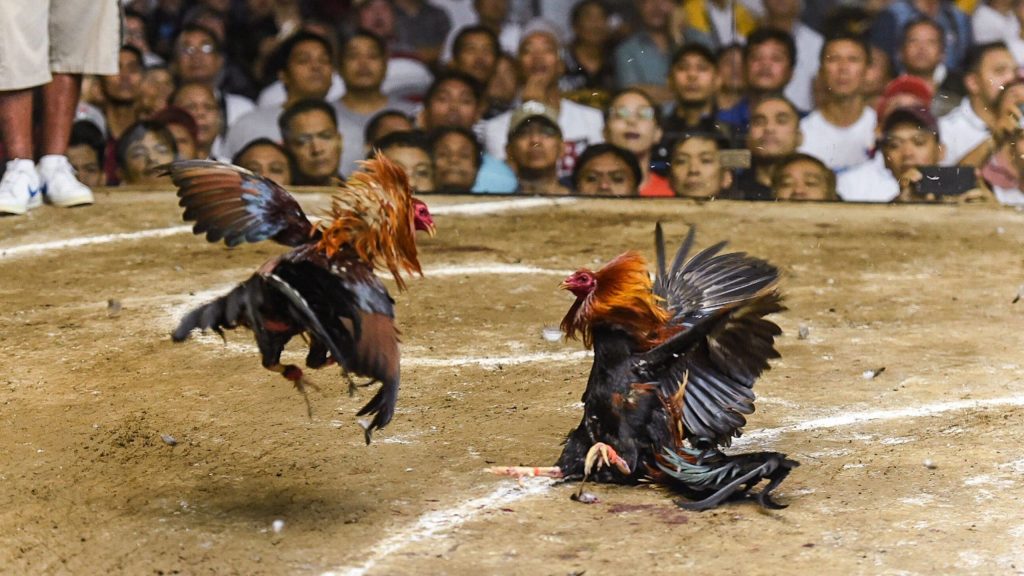Cockfighting, a blood sport that involves the pitting of two roosters against each other in a fight to the death, has a long and controversial history. One intriguing aspect of this brutal practice is the psychology behind the betting that takes place during these events. Cockfight betting is not merely a matter of chance; it is deeply intertwined with human psychology, driven by various factors that make it a captivating and often addictive activity. At the heart of cockfight betting lays the allure of uncertainty and risk. Human beings have a natural tendency to seek excitement and stimulation and gambling provides an avenue for fulfilling these desires. The outcome of a cockfight is uncertain and the element of unpredictability generates a rush of adrenaline and anticipation for the bettors. This excitement is further amplified by the emotional investment they have in their chosen rooster. As the fight progresses, the intensity rises and spectators experience a rollercoaster of emotions, ranging from elation to despair. This emotional rollercoaster fuels the addictive nature of cockfight betting, as individuals become hooked on the highs and lows it offers.

Moreover, cockfight betting serves as a form of social interaction and validation within the community. In many cultures where da ga alo789 cockfighting is prevalent, these events act as social gatherings where people come together to share a common interest. The act of betting becomes a social currency, enabling participants to bond with others and establish social hierarchies. The higher the stakes and the more successful the bettor, the greater is their status within the group. This desire for recognition and acceptance drives individuals to engage in increasingly risky bets, seeking not only financial gain but also social validation. Furthermore, the psychology behind cockfight betting is deeply rooted in cognitive biases. One such bias is the illusion of control, wherein individuals believe they have a higher degree of control over the outcome than is objectively true. This illusion leads bettors to place irrational and overly confident bets, often disregarding logical analysis and relying on their gut instincts instead.
The excitement of the game and the belief in their own prowess cloud their judgment, leading to potentially detrimental financial consequences. In conclusion, the psychology of cockfight betting is a complex interplay of various factors. The allure of uncertainty and risk, the emotional rollercoaster, the social interactions and the cognitive biases all contribute to the captivating and addictive nature of this activity. Understanding the psychology behind cockfight betting provides valuable insights into human behavior, shedding light on the intricate workings of our minds when faced with the allure of gambling. As society evolves, it becomes imperative to critically examine the ethical implications of such practices and consider alternative forms of entertainment and social interaction that do not involve animal cruelty or promote detrimental psychological tendencies.
